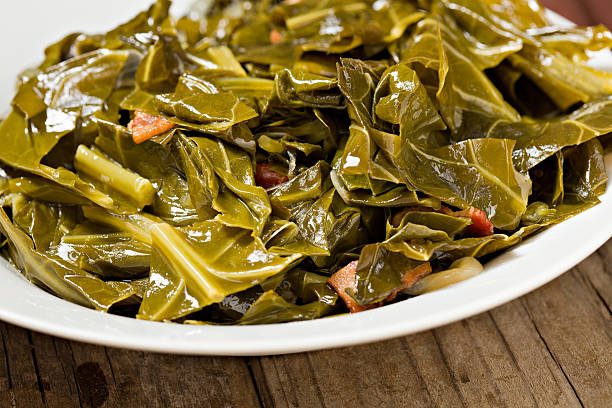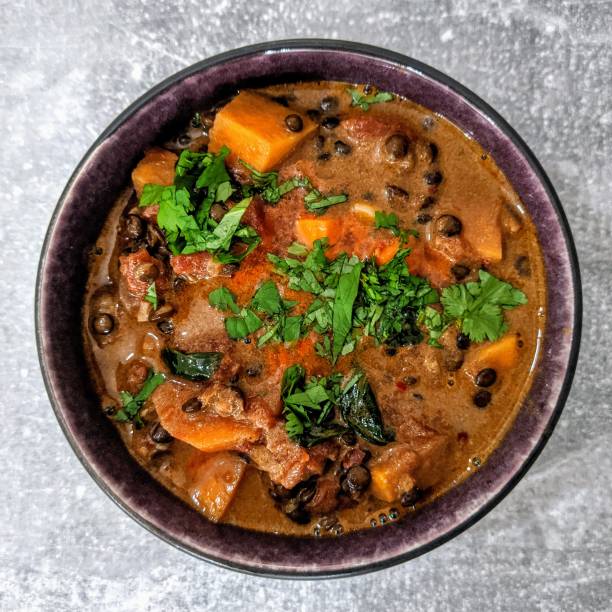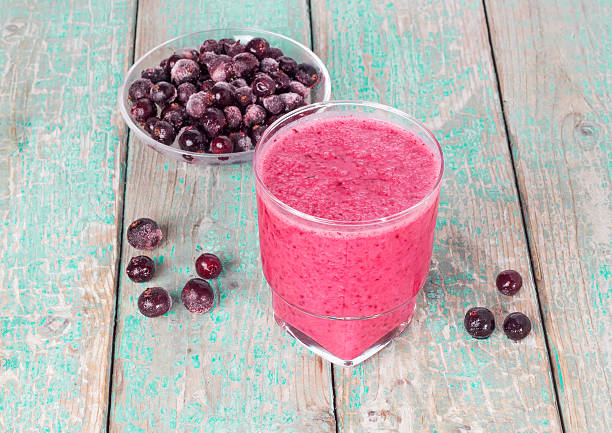
Chronic Spontaneous Urticaria (CSU) is a condition that causes persistent hives and skin swelling, often without a clear trigger. For many, it can feel like an unsolvable mystery—one day, you’re fine, and the next, your skin is flaring up with no warning. But what if managing CSU wasn’t just about prescriptions and doctor visits? What if the food you eat and the way you handle stress could make a real difference?
For Black communities, CSU can be even more challenging due to health disparities, underdiagnosis, and a lack of culturally relevant resources.
Why CSU Hits Differently in Black Communities
CSU doesn’t just affect the body—it affects quality of life. The itching, swelling, and unpredictability can disrupt sleep, work, and mental well-being. Research suggests that CSU is underdiagnosed in Black communities due to disparities in healthcare access, implicit bias in medical treatment, and a general lack of awareness about the condition.
Healthcare Disparities and Misdiagnosis
Black patients are less likely to be referred to dermatologists and allergists compared to white patients, leading to delayed or incorrect diagnoses. Many doctors dismiss CSU symptoms as eczema, allergies, or stress-related rashes without deeper investigation. This means Black people suffering from CSU may go untreated for years, enduring avoidable discomfort.
RELATED: Living with Chronic Hives: 4 Tips For Coping
The Role of Inflammation and Diet
Chronic inflammation plays a significant role in CSU, and diet can either help or worsen inflammation. Traditional soul food, while deeply rooted in culture and history, often includes ingredients that can contribute to inflammation—fried foods, processed meats, and excessive sugar. However, with a few tweaks, soul food can be transformed into a healing tool rather than a trigger.
Stress and CSU in Black Communities
Living in a world where systemic racism, microaggressions, and daily stressors are constant realities means that stress levels in Black communities are often higher than average. Stress is a major trigger for CSU flare-ups. Finding culturally relevant ways to manage stress, from mindfulness practices to community support, is key to keeping symptoms at bay.
Anti-Inflammatory Foods for CSU Relief
Diet is one of the most powerful tools for reducing inflammation and managing CSU. Incorporating anti-inflammatory foods can help regulate the immune system and reduce the frequency of hives.
Best Anti-Inflammatory Foods for CSU
- Dark Leafy Greens – Collard greens, kale, and spinach are rich in antioxidants and help fight inflammation.
- Fatty Fish – Salmon, mackerel, and sardines contain omega-3 fatty acids, which reduce inflammation.
- Turmeric and Ginger – Both spices have powerful anti-inflammatory properties. Adding turmeric to soups and ginger to teas can help soothe symptoms.
- Berries – Blueberries, strawberries, and blackberries are packed with antioxidants that reduce oxidative stress.
- Sweet Potatoes – High in beta-carotene, sweet potatoes help regulate the immune system.
- Olive Oil – A staple in Mediterranean diets, olive oil contains healthy fats that support heart and skin health.
- Nuts and Seeds – Almonds, walnuts, and flaxseeds are rich in omega-3s and vitamin E, which promote skin healing.
Foods to Avoid
Some foods are known to trigger CSU flare-ups by increasing inflammation or causing histamine reactions. Common culprits include:
- Dairy – Can be inflammatory and may contribute to hives in some individuals.
- Fried and Processed Foods – These foods promote inflammation and can make symptoms worse.
- Excess Sugar – Leads to insulin spikes and inflammation.
- Alcohol – Increases histamine levels, which can trigger hives.
By making small, consistent changes to your diet, you can help reduce flare-ups and support overall skin health.
Stress and CSU: Mindfulness Practices to Try Today
Stress is one of the biggest triggers for CSU. When stress levels rise, the body releases histamine, which can lead to hives and swelling. Incorporating mindfulness and relaxation techniques can help reduce stress-related flare-ups.
RELATED: Understanding Chronic Hives – Causes, Symptoms, and Treatment Options
Mindfulness Practices for CSU Relief
- Deep Breathing – Practicing diaphragmatic breathing can lower stress levels and prevent flare-ups. Try the 4-7-8 method: inhale for four seconds, hold for seven seconds, and exhale for eight seconds.
- Meditation – Daily meditation, even for just five to 10 minutes, can calm the nervous system. Apps like Liberate Meditation offer guided sessions specifically for Black users.
- Journaling – Writing down your emotions and tracking flare-ups can help identify triggers and reduce stress.
- Physical Activity – Exercise, especially low-impact activities like yoga, walking, or dancing, helps regulate stress hormones.
- Community Support – Talking to friends, family, or support groups about your experiences can provide emotional relief.
Finding the right stress-relief method is personal—what works for one person might not work for another. The key is consistency and creating a routine that helps you feel centered.
Healing Through Food: Soulful, Healthy Recipes
Just because you’re eating for your health doesn’t mean you have to give up on soulful, comforting meals. Here are some anti-inflammatory recipes that bring both healing and flavor to your table.

Turmeric-Spiced Collard Greens
Ingredients:
- 1 bunch collard greens, chopped
- 1 tbsp olive oil
- 2 cloves garlic, minced
- 1 tsp turmeric
- ½ tsp black pepper
- ½ tsp sea salt
- 1 cup vegetable broth
Directions:
- Heat olive oil in a large pan. Add garlic and sauté for 1-2 minutes.
- Add collard greens, turmeric, black pepper, and salt. Stir well.
- Pour in vegetable broth, cover, and let simmer for 10-15 minutes until greens are tender.

Sweet Potato & Black Bean Stew
Ingredients:
- 2 medium sweet potatoes, diced
- 1 can black beans, drained and rinsed
- 1 can diced tomatoes
- 1 small onion, chopped
- 2 cloves garlic, minced
- 1 tsp cumin
- ½ tsp smoked paprika
- 2 cups vegetable broth
Directions:
- In a large pot, sauté onions and garlic until soft.
- Add sweet potatoes, tomatoes, cumin, and smoked paprika. Stir well.
- Pour in vegetable broth and bring to a boil. Reduce heat and simmer for 20 minutes.
- Add black beans and cook for another 10 minutes. Serve warm.

Berry-Ginger Smoothie
Ingredients:
- 1 cup mixed berries
- 1-inch piece fresh ginger
- 1 cup almond milk
- 1 tbsp flaxseeds
- ½ banana
Directions:
- Blend all ingredients until smooth. Enjoy as a refreshing, anti-inflammatory boost!
Managing CSU isn’t just about taking antihistamines—it’s about creating a lifestyle that reduces inflammation and stress. By incorporating healing foods, avoiding common triggers, and practicing mindfulness, you can take control of your health and find relief from chronic hives.
Our bodies are powerful, and with the right tools, we can heal from within. Whether it’s through a bowl of turmeric-spiced collard greens, a daily meditation session, or simply making time to breathe deeply, every small step brings you closer to balance.
Have you tried any of these methods for managing CSU? Let’s keep the conversation going—your story might be the encouragement someone else needs.









